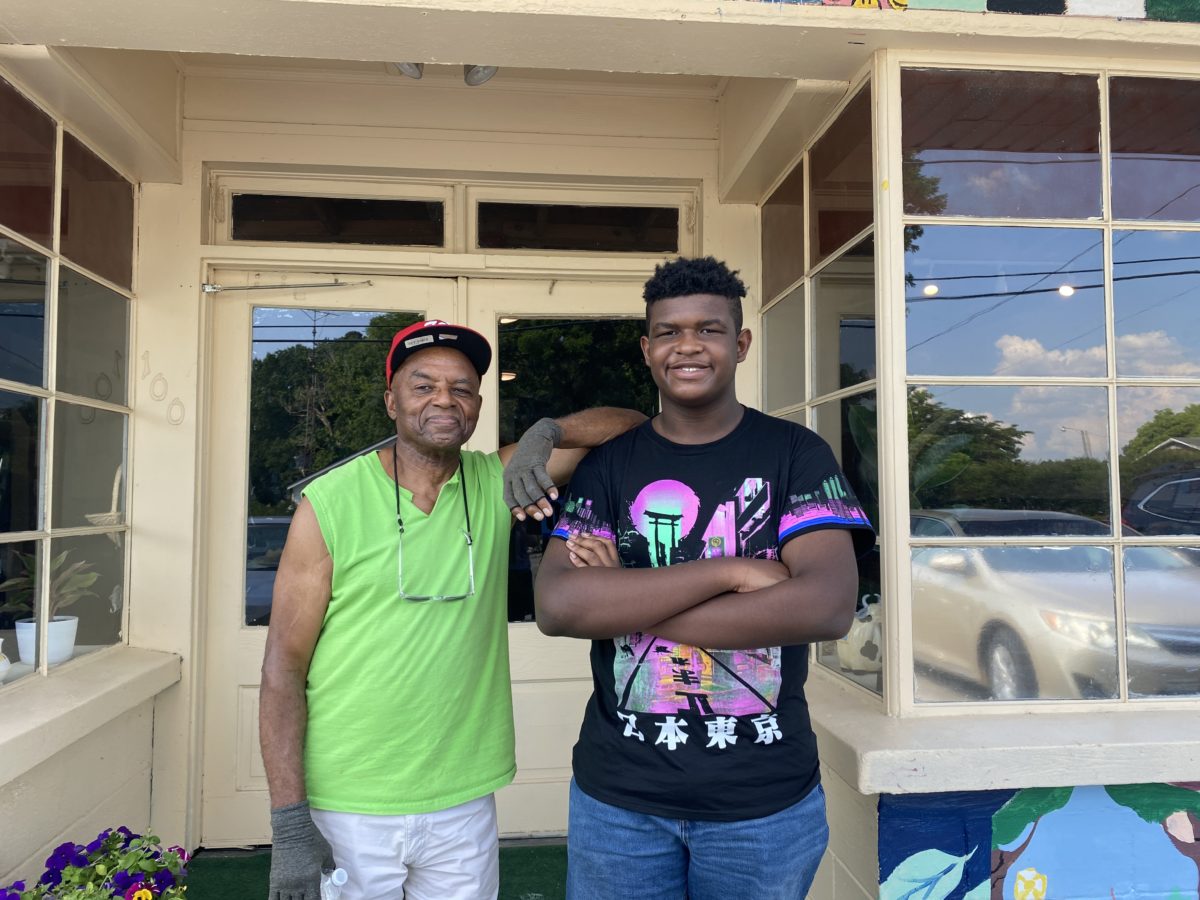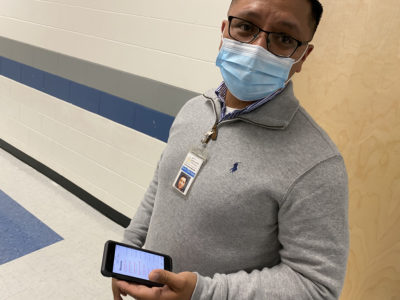
|
|
January is National Mentoring Month, a time to acknowledge and appreciate the impact mentors contribute personally and professionally and their impact on society.
Think back for a moment on an influential mentor in your life. Maybe it was a parent, family member, coach, teacher, or supervisor. For me, it was Dr. Jim Kirk, founder and former director of the Human Resource Development program at Western Carolina University and advisor during my graduate studies at WCU. Dr. Kirk was the epitome of a skilled mentor. He modeled a unique blend of subject matter expertise, humility, and a good dose of candor that many of us need to hear but rarely ever do.
The word “mentor” itself comes from Greek mythology. Mentor was Odysseus’s friend and was entrusted with his son Telemachus’s education. Today, Merriam-Webster defines a mentor as “a trusted counselor or guide.” Synonyms for mentor include “tutor” and “coach.”
Inherent in that short definition is the desire of the mentor to help their mentee grow in knowledge, experience, and confidence. The relationship is not necessarily transactional from the mentor’s point of view — their reward is seeing the success of their mentees. Indeed, research and countless studies have demonstrated that mentors positively impact youth, college students, and employees.
Youth mentoring
According to Youth.gov, having a good relationship with a mentor can have the following positive benefits for youth:
- Increased high school graduation rates
- Healthier relationships and lifestyle choices
- Higher college enrollment rates
- Enhanced self-esteem and self-confidence
- Stronger relationships with parents, teachers, and peers
- Stronger interpersonal skills
According to a 2022 study, young adults who face an opportunity gap but have a mentor are 55% more likely to be enrolled in college than those who do not.
Another study from Big Brothers Big Sisters showed that youth who regularly meet with their mentors are 46% less likely than their peers to start using illegal drugs and 27% less likely to start drinking.
College mentoring
While the roles of youth and professional mentors are well known, the role of college mentors is less so. Beyond serving as an academic advisor who tells you what courses to take to graduate or how to improve your thesis, college mentors should equally have your career goals and aspirations in mind.
As the chancellor of online nonprofit WGU North Carolina, I’ve seen firsthand how our program mentors work with students from day one through graduation to help them achieve their goals. Engaged and dedicated college mentors can provide the following support to mentees:
- Support for growth in their field of study, whether or not the student has prior experience or college credits
- Assistance with goal setting
- Holding students accountable
- Help with making professional connections
- Constructive feedback
- Discernment of learning strengths (e.g., visual, auditory, solitary vs. group, verbal, etc.).
Workplace mentoring
How important is the role of mentors in business? Consider that 98% of all Fortune 500 companies in the U.S. have mentoring programs.
The benefits of mentoring programs in the workplace are numerous, but here are just a few:
- Dramatically reduces staff turnover
- Produces significant cost savings, particularly in turnover costs
- Provides workers with the personal engagement they desire
- Supercharges both personal and professional growth
- Fosters staff diversity and a sense of belonging
According to Forbes, there are several steps to finding a mentor:
- Understand what kind of mentor you’re looking for
- Don’t jump in and ask someone to be your mentor right off the bat
- Start with your existing network
- Focus first on building or deepening a relationship
- Cultivate the relationship
- Demonstrate that you are engaged, knowledgeable, and motivated
A good mentor can genuinely change lives, position mentees for prolonged success, and provide a mentoring model we can use with others. Let’s take a moment this month to recognize the outstanding mentors in our lives and encourage more individuals to take on this vital role.





